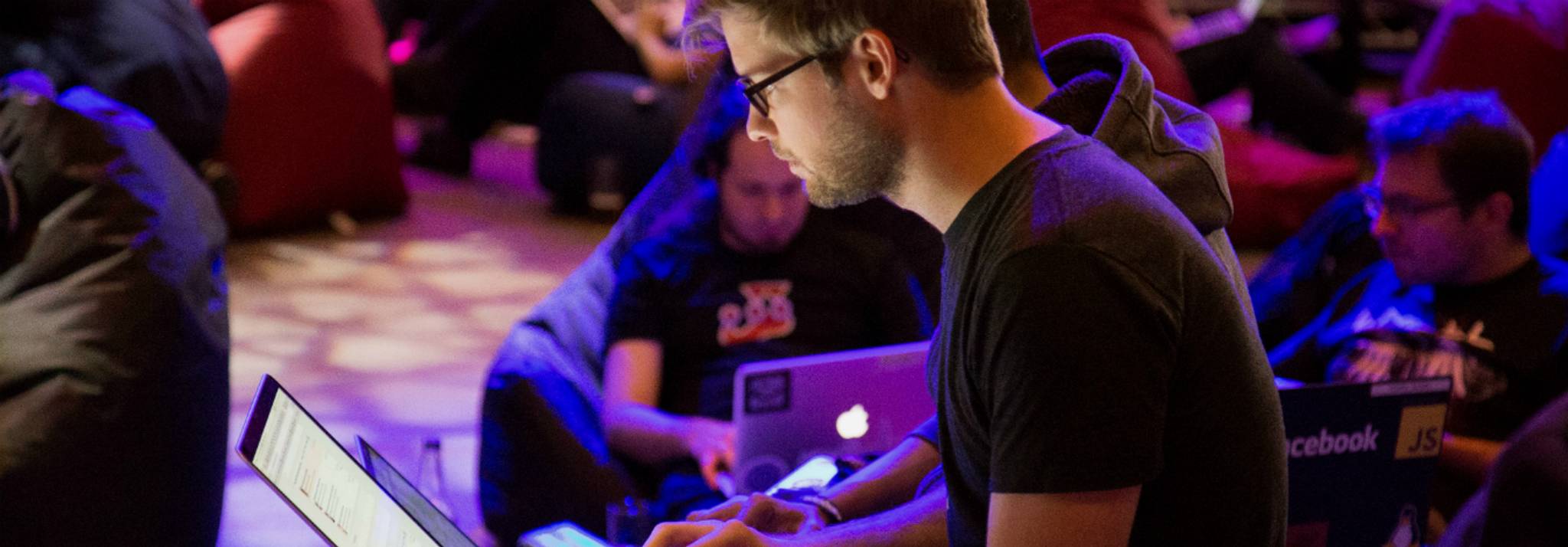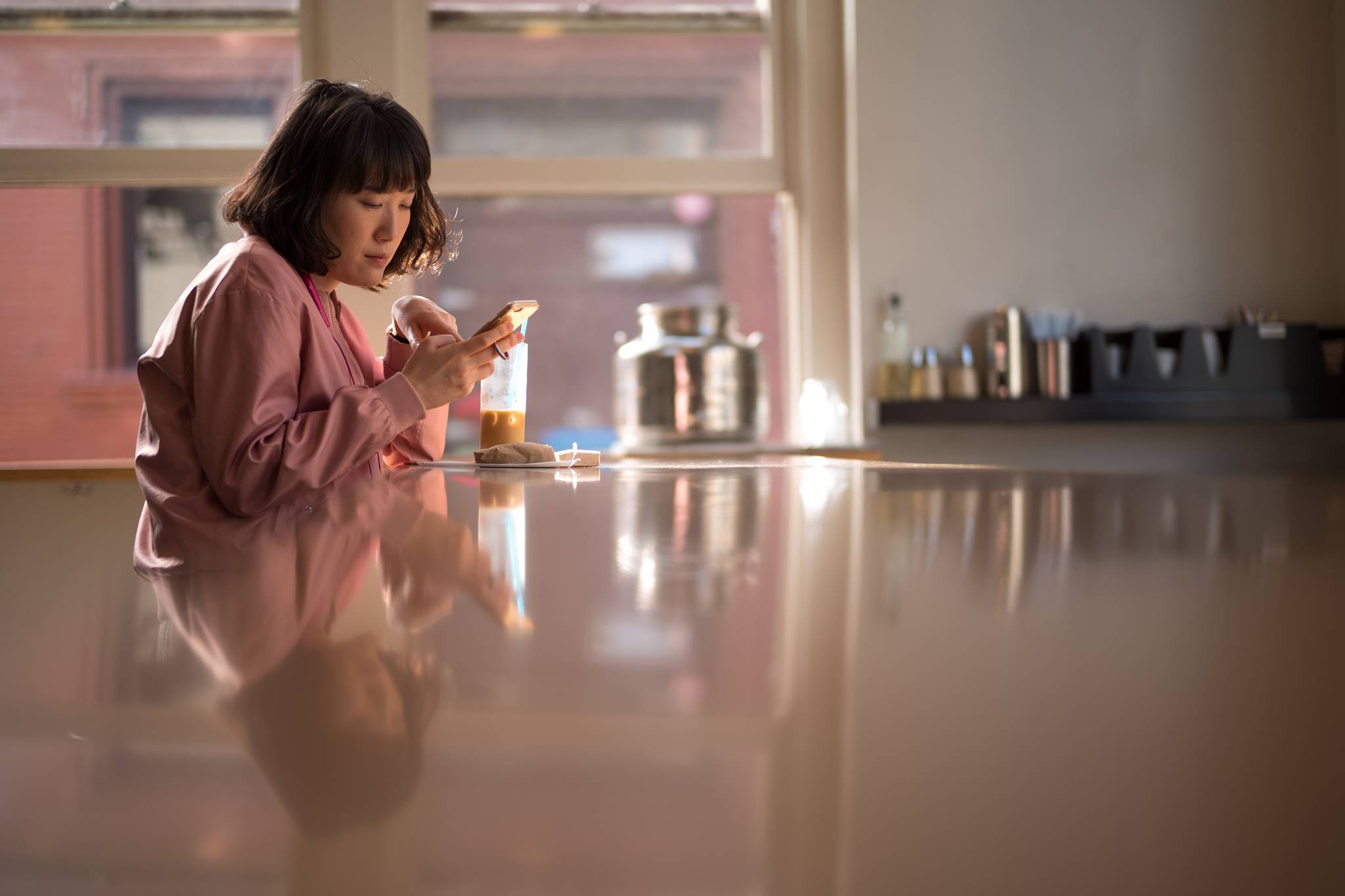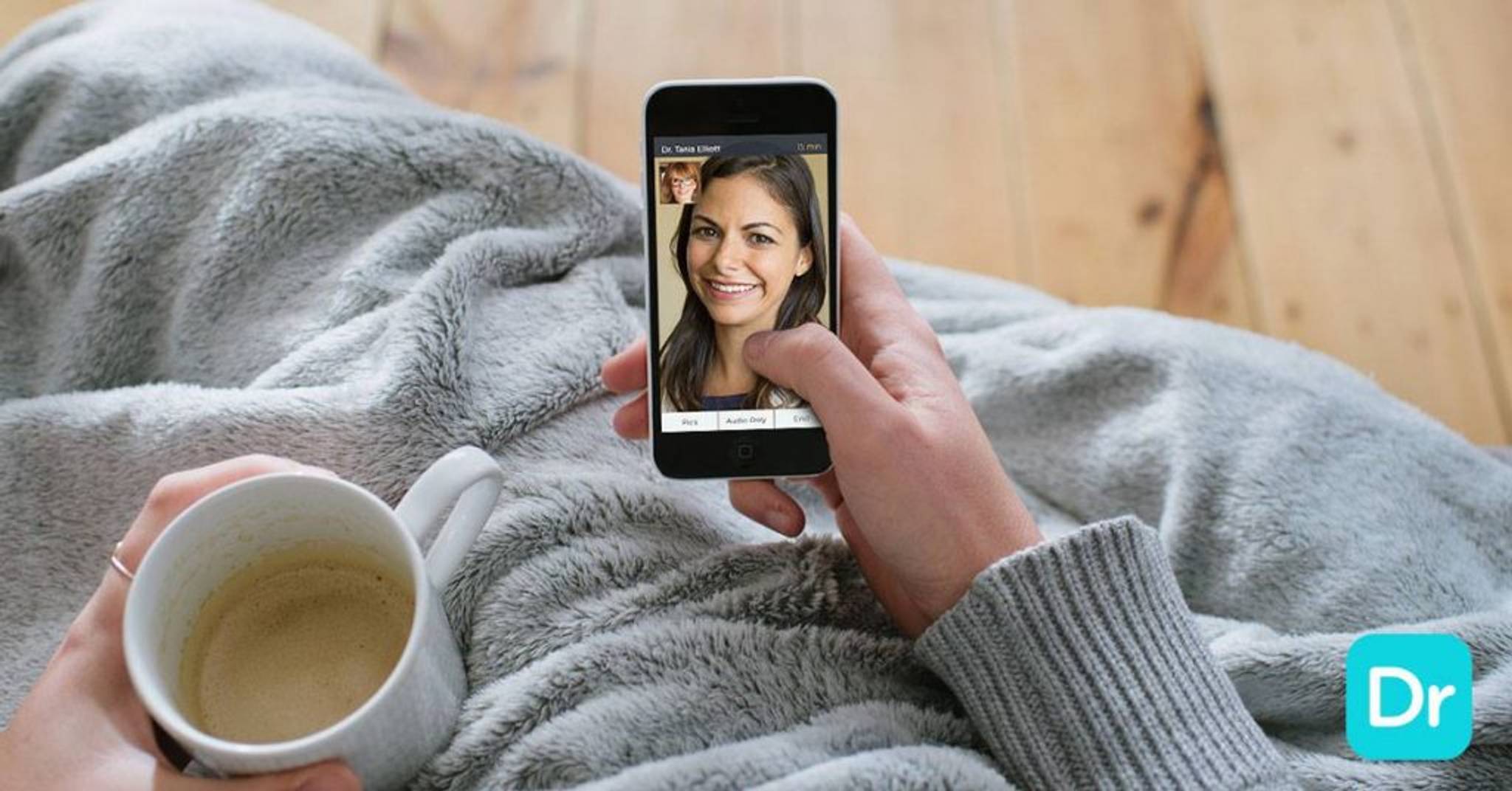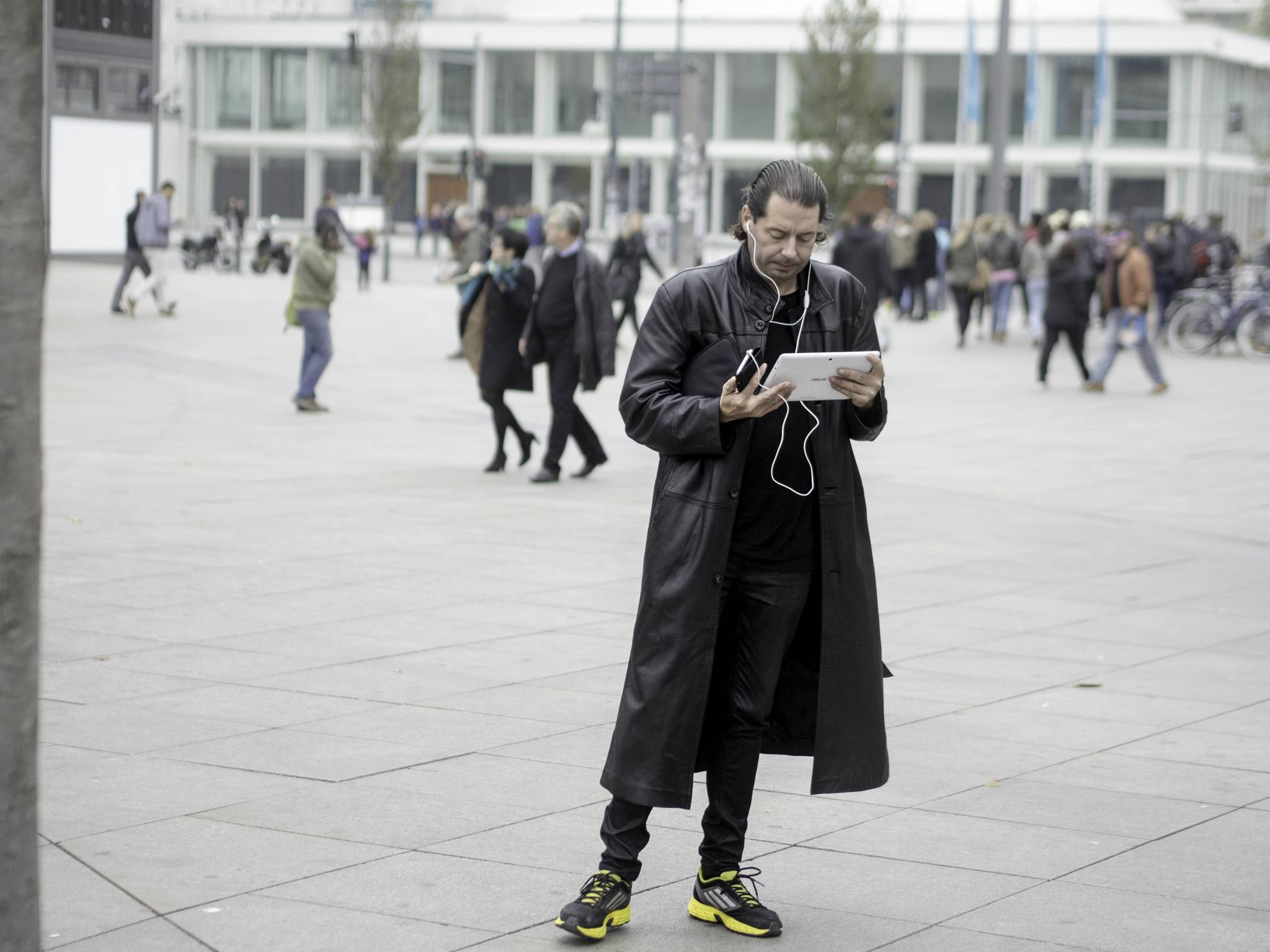
Research shows that people are more confident about a topic – and therefore less likely to seek advice – after reading a press story compared to a detailed report. With many people Googling medical advice before speaking to a doctor, they’re at risk of feeling overly assured about questions that deserve a professional opinion. We explore the insights behind why featuring scientific evidence in the media makes everyone feel like an expert.
A study conducted by researchers at the University of Münster suggests that when scientific research is editorialised, it can give readers a false sense of confidence, meaning they won't substantiate any further line of thinking. A full 73 German participants with mixed educational backgrounds were asked to read information containing four health questions. Each question was followed by genuine research – either an academic digest or a press story about relevant medical findings. The majority of respondents agreed more with scientific claims that were backed up by an article from the mainstream press compared to a digest created by experts, for experts, and were more confident in their understanding of the issue, saying they didn't need any further explanation.
This phenomenon, known as the cognitive fluency effect, occurs when information that's well-communicated gives people a confidence of understanding that may be slightly misplaced. With 70% of Americans seeking medical information online and almost 25% of Britons self-diagnosing through search engines, accessible science has the potential to undermine people’s health – especially as it goes hand-in-hand with declining confidence in the experts that traditionally handle health matters.
To counteract this tendency for dropping professional in favour of self-diagnosing, brands are aiming to simplify the process of getting medical attention. Doctor on Demand is an app that allows patients to see their doctors through their smartphone, streamlining the diagnosis process without subjecting them to unhelpful search engine results. And Dialogue is a Canadian start-up that is making healthcare accessible in the workplace.
Kate Whitmarsh is a behavioural analyst at Canvas8, which specialises inbehavioural insights andconsumer research. She has an MSc in behavioural science and an MA in audio technology. She runs her own music marketing consultancy and lectures at University of West London. When she’s not studying new theories in behavioural economics, she’s working with musicians in genres from UK grime to afrobeats to the kind of guilty pleasure dance music you hate to love.



